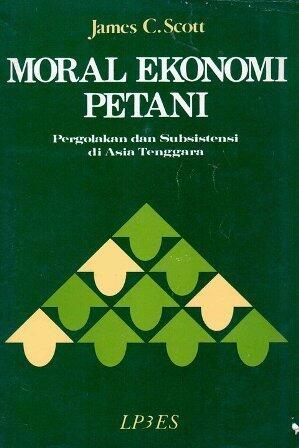
Moral Ekonomi Petani: Pergolakan dan Subsistensi di Asia Tenggara
No ratings yet
History
Horror
Format
Paperback
Pages
369
Language
Indonesian
Published
Jan 1, 1983
Publisher
LP3ES
Description
James C. Scott delves into the intricate world of peasant households in Southeast Asia, exploring their struggles for subsistence amidst a backdrop of economic and social challenges. He highlights the daily dilemmas faced by these farmers, who navigate a complex system of ecological, economic, and political factors that dictate their lives. Through meticulous research and insightful analysis, Scott reveals how these households are not simply victims of external forces but are actively engaged in shaping their own destinies.
This work sheds light on the moral economy that governs the practices and choices of farmers, illustrating the importance of community and social relationships in agricultural life. By examining traditional practices alongside the pressures of modernization, the narrative uncovers the resilience of rural communities as they adapt to shifting circumstances while remaining anchored in their cultural values.
Scott’s examination goes beyond mere economic theory; it bridges the gap between academic analysis and the lived experiences of those within these communities. Readers gain a profound understanding of the moral dimensions that inform the decisions of peasant farmers, offering a rich tapestry of human experience set against the backdrop of Southeast Asia’s evolving landscape.
This work sheds light on the moral economy that governs the practices and choices of farmers, illustrating the importance of community and social relationships in agricultural life. By examining traditional practices alongside the pressures of modernization, the narrative uncovers the resilience of rural communities as they adapt to shifting circumstances while remaining anchored in their cultural values.
Scott’s examination goes beyond mere economic theory; it bridges the gap between academic analysis and the lived experiences of those within these communities. Readers gain a profound understanding of the moral dimensions that inform the decisions of peasant farmers, offering a rich tapestry of human experience set against the backdrop of Southeast Asia’s evolving landscape.
Reviews
Reading Log
No reading logs found
Start tracking your reading progress to see logs here
Add Your First Reading LogNotes
Transaction Log
No transaction logs found
Start tracking your book transactions to see logs here
Add Your First Transaction Log